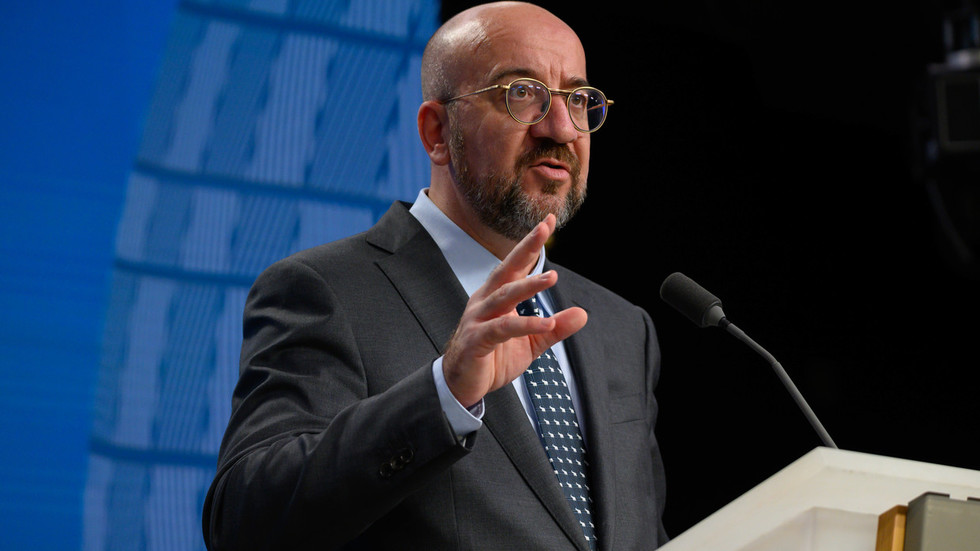In a recent interview, Charles Michel, President of the European Council, emphasized the need for the European Union (EU) to adopt a more respectful and understanding approach in its interactions with developing countries. Addressing the increasing influence of Russia and China, Michel criticized the EU’s tendency to “lecture” other nations, asserting that this attitude reflects a lack of effort to comprehend differing perspectives. He pointed out that the EU often believes it possesses a moral high ground, which complicates relationships with partners who may not share the same viewpoints. This condescending stance, according to Michel, detracts from the EU’s ability to effectively engage with countries, particularly those with whom it has established strategic, trade, or political agreements.
Michel’s comments coincide with the backdrop of the 16th BRICS Summit, where numerous world leaders, including those from countries with economic and military ties to the EU, gathered in Russia. He observed that the participation of leaders from nations such as Egypt and the United Arab Emirates at the BRICS Summit symbolizes a desire to explore diverse global partnerships. Michel highlighted a conversation with a Gulf emir, who noted that in the absence of EU presence in global matters, other powers swiftly move to fill that gap. This underscores the urgency for the EU to reassess its strategies and approach to solidify relationships with countries seeking to expand their economic and security affiliations beyond traditional ties with the West.
Furthermore, Michel proposed a reevaluation of how the EU enforces its regulations and standards in trade relationships. He criticized the terminology used in the context of enforcement, using fishing regulations as an illustration. Terms such as “yellow card” and “red card” are perceived as demeaning since they project an image of the EU both as a participant in a sport and as the referee. This dual role, according to him, creates an impression of superiority that alienates potential partners. By rethinking its language and approach, the EU could foster more respectful and productive interactions that place emphasis on mutual benefit rather than unilateral authority.
The context of the EU’s challenges is further complicated by the structural differences between itself and the BRICS coalition. Kremlin spokesperson Dmitry Peskov articulated that BRICS is not constructed as an alliance against anyone but is rather a collection of nations sharing common values and aspirations. He delineated the contrasting nature of the EU, which is grounded in mutual obligations and formal agreements, stressing that BRICS operates with more fluidity and autonomy among its members. This distinction implies that the EU’s rigid operational framework could hinder its adaptability in a rapidly changing geopolitical landscape.
In recognizing the strengths of the BRICS coalition, Michel argued that the EU must innovate its strategies to prevent a further erosion of its influence. The dynamics of global politics are shifting, with many countries keen on diversifying their alliances. As nations seek new avenues for partnerships, the EU must redefine its role, ensuring it is seen as an equal partner rather than a superior entity that enforces compliance. By adopting a more collaborator stance, the EU could potentially enhance its appeal to developing countries, fostering cooperation that benefits all parties involved.
Overall, Michel’s insights underline the necessity for the EU to cultivate a more respectful and understanding dialogue with developing nations. As global power dynamics evolve with the increasing presence of Russia and China, the EU must adapt its approach to remain relevant and influential. Prioritizing mutual respect and genuine collaboration could not only strengthen existing partnerships but also attract new allies in an increasingly multipolar world. The importance of this recalibration cannot be overstated, as it will ultimately determine the EU’s standing and effectiveness in a rapidly changing geopolitical environment.

